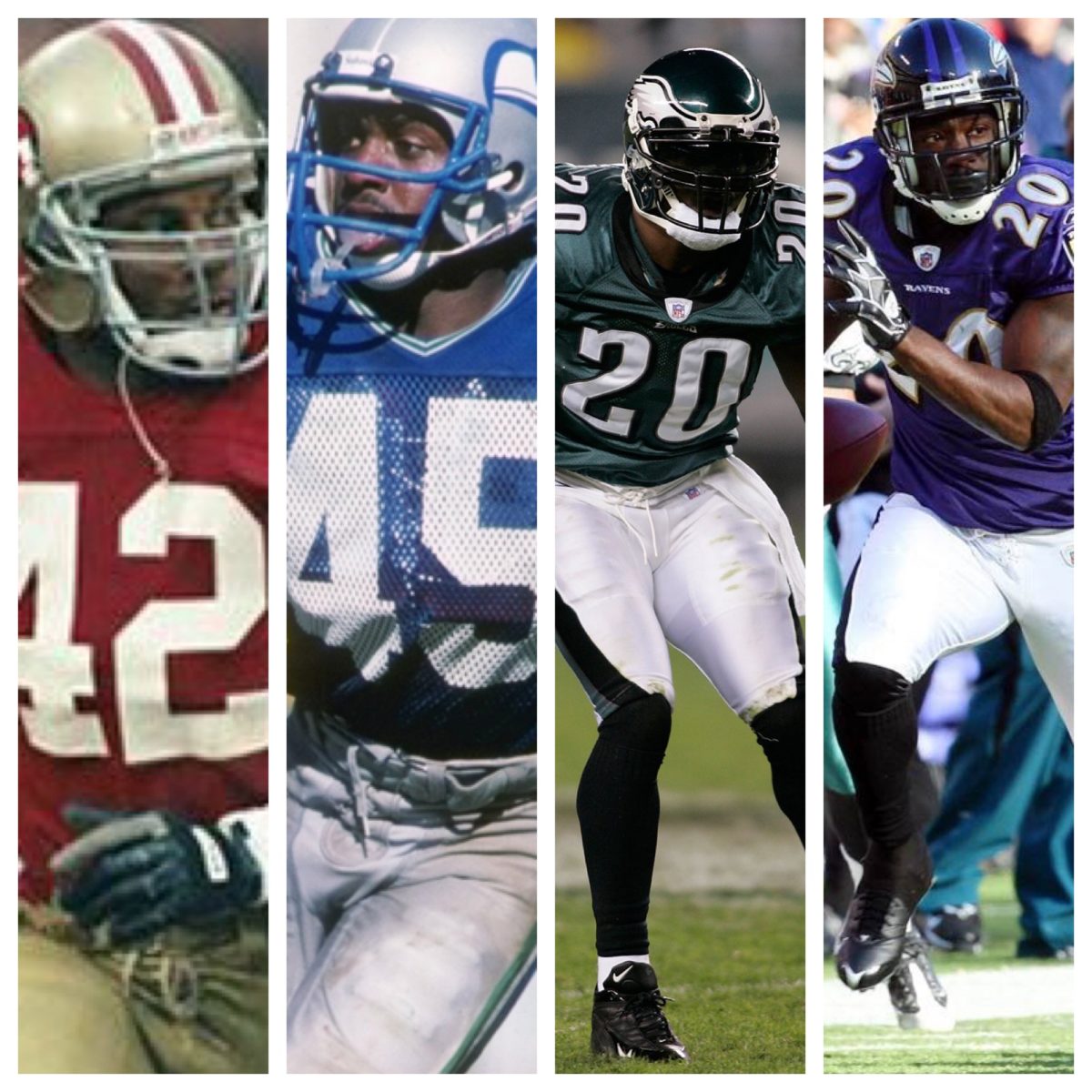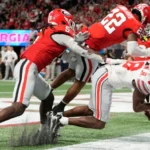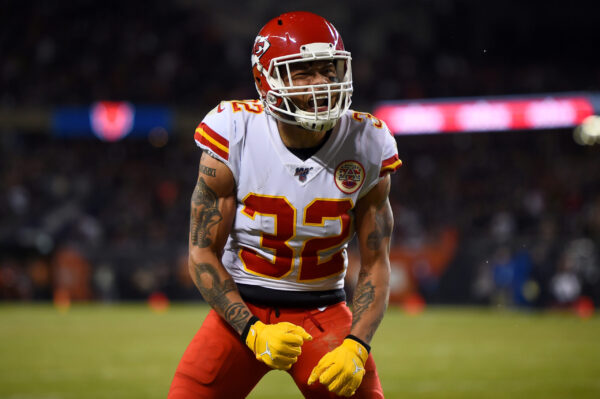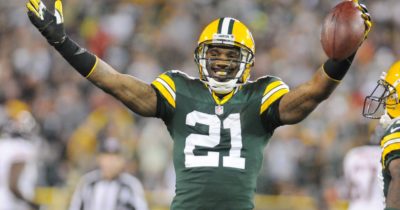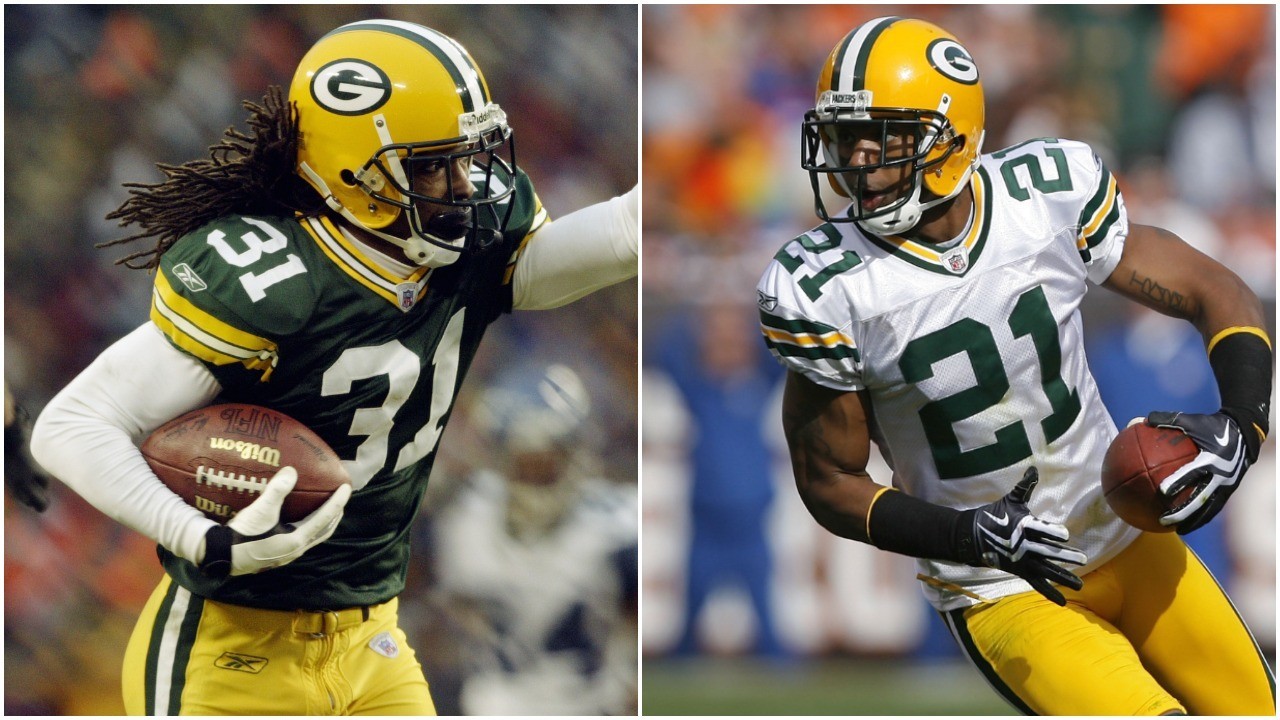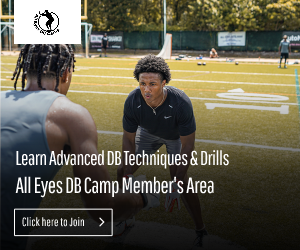By: Chad Wilson – All Eyes DB Camp
You never really appreciate a great safety until you don’t have one. For much of the last couple of decades, cornerbacks have gotten the lion’s share of attention when it comes to secondary play but ask any cornerback who has a played with a great safety as well as without one and they’ll tell you their value is more than most people will ever know.
Having coached for many years, I can second that. You can also double my second that when you add in my playing days as a cornerback. A great safety is hard to find. When you do find one, what are some things that all great safeties have? I can tell you right now that there are three things for sure that all great safeties bring to the table. Let’s take a look at what those things are.
(1) Intelligence
Think back to who played safety in little league. Often times it was the quarterback. If your little league team was good, chances are high that your quarterback was smart. Who better to put back there in the last line of defense than a guy who really understands the game.
I have never met or studied a great safety who didn’t have a love for film study and a passion for dissecting the offense. Often times, high school quarterbacks are turned into safeties because of their knowledge of the game. One of the game’s greatest and recent Hall of Fame inductee, Ed Reed was a high school quarterback. As the last line of defense and the player on the field with the best view of how the offense is lining up, it is oh so important for the safety to be able to have a strong idea of what’s coming when he sees the offense line up. It allows him to get to the football before there’s a problem and also allows him to to be really good at what trait #2 is.
(2) Communication
We all know cornerbacks that have a hard time talking to their defense on the field. Now they won’t mind talking all day to the WR they are covering or the opposing team’s QB but communicating with their own defense, maybe not. This is not the case at the safety position.
Whether the scheme is heavy on man to man or zone, a safety has to communicate coverage, motions, alignments and potential plays. You have to be intelligent to know these things but furthermore you have to be willing to open your mouth and talk to your secondary and the rest of your defense if you want to be elite.
A simple thing like motion can change the play and thus the defense called. A defensive coordinator must rely heavily on the safety to make adjustments when the offense starts moving around and trying to pull tricks. The best safeties to play the game rarely get fooled and always communicate to their defense in an effort to get them into winning position.
(3) Tackling Ability
What could be worse than a ball carrier breaking loose on a run and your team hoping that the safety can get him down to stop the big play only to have him whiff on the tackle? In fact, show me a team that gives up a lot of big plays and I’ll show you a safety that can’t tackle.
A safety is the deepest player on the field. He truly is the last line of defense. When all hell breaks loose, a safety is relied upon to give the defense another chance after a mistake. Furthermore, a safety has to make tackles on shifty wide receivers, bulky tight ends, speedy tailbacks and bruising running backs. Few other players on the defense have those responsibilities play after play. In addition, safeties must make tackles deep in the defense, at the sidelines and even in the backfield in certain schemes.
Think of some of the best safeties that have played the game, Ronnie Lott, Ed Reed, Troy Polamalu, Earl Thomas, Kam Chancellor, one thing you can say about them is that they sure know how to tackle. If you aren’t making tackles with consistency and you’re not working on it, then forget about being elite.
So there you have it. Notice how I didn’t say track speed, outstanding footwork or amazing leaping ability. Sure those things help but the three factors I laid out often go overlooked by a lot of young ball players. The emphasis nowadays is on improving physical attributes. However, at least two of the three important traits I mentioned involve the mental part of the game. Don’t forget that part too when it comes time to be a lights out safety for your team.
Chad Wilson is the owner of All Eyes DB Camp and author of "101 DB Tips". He played college football at the University of Miami and briefly in the NFL for the Seattle Seahawks. Over his 15 year high school football coaching career, he tutored over a dozen Division I defensive backs and as a trainer has worked with NFL All Pros, first round draft picks, college football All Americans and Top 10 ranked high school football prospects.

